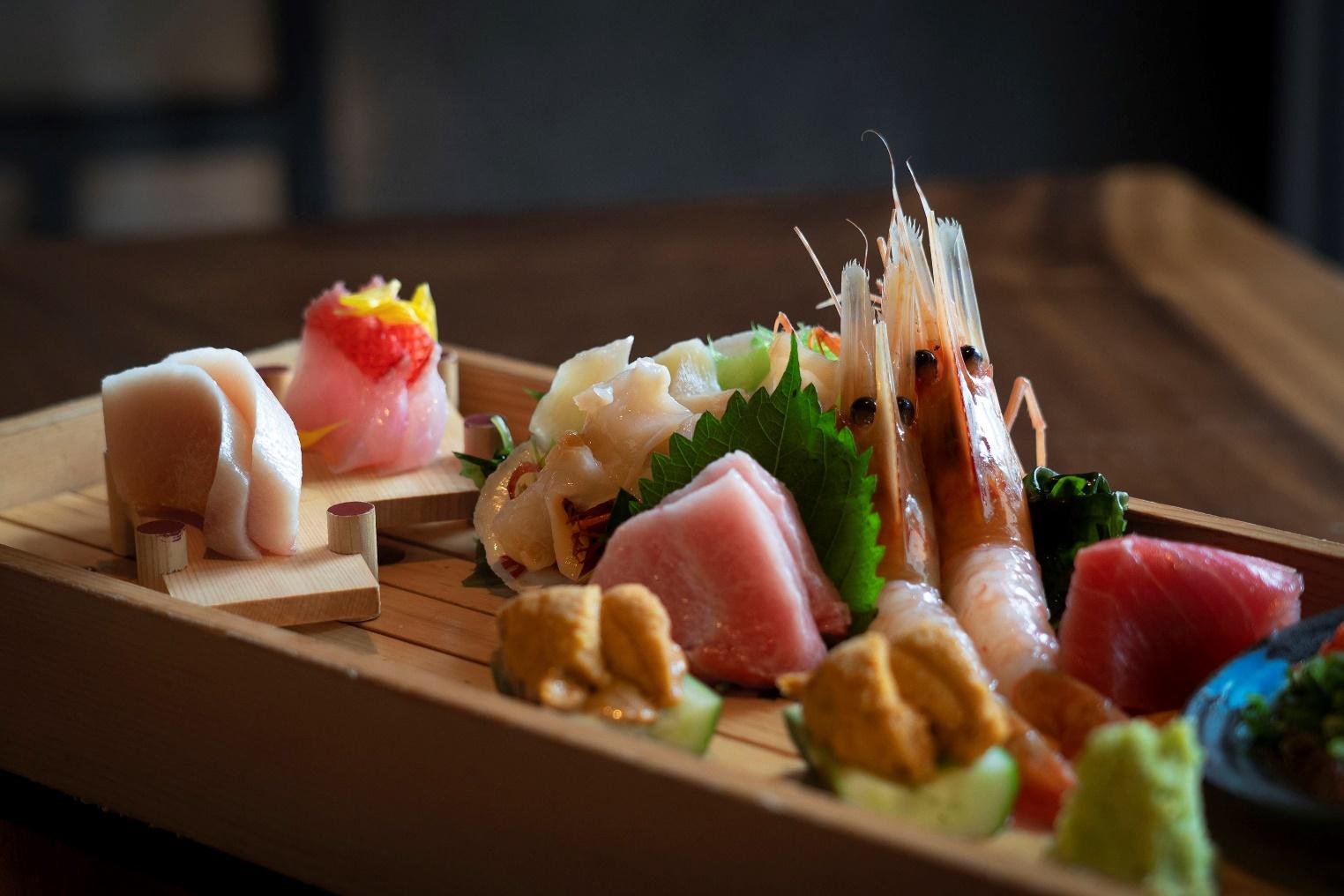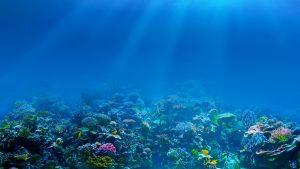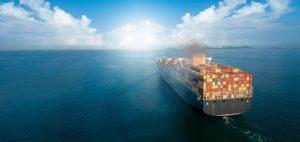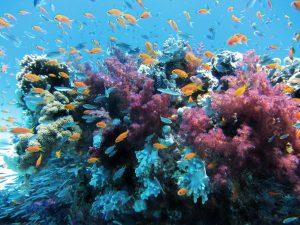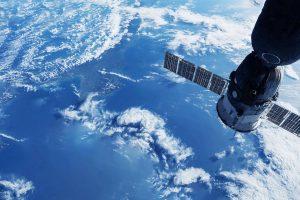The safety of seafood from the Fukushima region has long been a topic of concern following the 2011 nuclear disaster. However, recent developments have shed light on the rigorous safety measures taken by Japan in ensuring the safety of Fukushima seafood. Despite China’s efforts to ban imports from the region, several countries have stepped up to create a resilient supply chain, emphasizing the safety and quality of Fukushima seafood.
US-Japan Supply Chain
The US and Japan have joined forces to develop a robust seafood supply chain that bypasses China’s restrictions. This move is not only a testament to the faith in Fukushima’s seafood safety but also demonstrates the importance of maintaining international trade relations.
The joint effort aims to facilitate the export of Fukushima seafood to markets in the United States, Vietnam, Thailand, and Taiwan, bypassing China’s stringent import restrictions. The commitment of these nations to work together underscores their trust in Japan’s stringent safety standards and rigorous testing procedures, which ensure that seafood from Fukushima poses no threat to consumers.
Europe’s trust in Fukushima Seafood’s Resilience
Over a decade after the nuclear disaster, local fishermen and authorities have diligently worked to rebuild trust in their products. Stringent safety measures and ongoing testing have resulted in the steady recovery of the region’s fishing industry.
These efforts have been rewarded with a gradual increase in demand for Fukushima seafood. In a significant development, Europe, which had banned seafood imports from Fukushima shortly after the devastating tsunami in 2011, reversed its decision on August 3rd, in the wake of the announcement of the water release plan. This reversal signals Europe’s trust in the safety of the process and the rigorous safeguards in place, and a noteworthy endorsement of Fukushima’s seafood industry.
South Korea’s Support
South Korea has also expressed support for the safety measures taken by Japan regarding the release of treated radioactive water into the ocean. Finance Minister Choo Kyung-ho emphasized that Japan’s stringent safety standards and commitment to transparency should not be undermined. South Korea’s stance stands in contrast to China’s efforts to block imports of Fukushima seafood.
South Korea’s support sends a powerful message about the international community’s confidence in Japan’s seafood safety measures. It reinforces the idea that Fukushima seafood can be safely consumed without posing any health risks.
In the face of adversity, the Fukushima seafood industry has demonstrated resilience and unwavering commitment to safety. The international support receives is a token of confidence in Japan’s stringent safety measures. These countries are not only ensuring the continuity of a vital industry but also sending a clear message that Fukushima seafood is safe for consumption.
While China’s efforts to ban Fukushima seafood may persist, Fukushima continues to rebuild and recover, and does so with the support and trust of its international partners.

